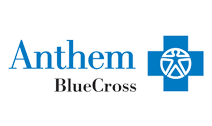
Active Orthopaedics P.C.
Orthopedic Surgeons located in Waterbury, Middlebury, CT
Rotator Cuff Tears
Rotator Cuff Tears FAQs
Major Insurance Plans Accepted
At Active Orthopaedics, we accept most major insurance plans. Here is a short-list of just some of the most popular plans we accept. Please contact our office if you do not see your insurance provider listed.







